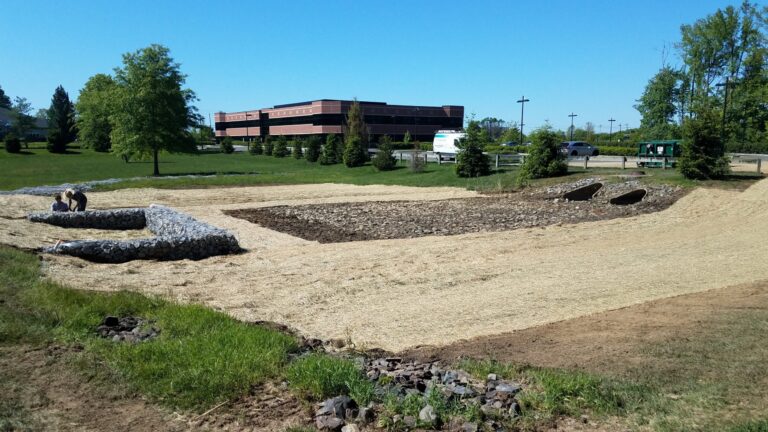When considering environmental safety, recycling, waste reduction, and energy conservation often come to mind. However, stormwater management is a frequently overlooked aspect. Regular evaluations are vital to protect our ecosystems, not just as a formality. But why are they so crucial?
Understanding Stormwater and Its Impact
Stormwater originates from rain or snowmelt and flows over land. Unlike water that seeps into the ground, stormwater runs off surfaces like roads and rooftops. As it travels, it can collect pollutants such as oil, chemicals, debris, and sediment, which it then carries into natural water bodies. Without proper stormwater inspection and management, it can become a significant source of pollution, threatening the health of rivers, lakes, and oceans.
The Purpose of Inspections
So, what exactly is the purpose of these evaluations? In essence, they are designed to assess the effectiveness of management systems in controlling pollution and ensuring compliance with environmental regulations. They check infrastructure such as drainage systems, retention ponds, and filtration devices to ensure they function correctly and efficiently.
Regular evaluations help identify potential problems before they become significant issues. By catching and addressing small problems early, businesses and municipalities can prevent costly repairs, ecological damage, and even legal penalties.
The Environmental Benefits of Regular Inspections
Regular inspections play a critical role in protecting the environment. They help ensure that pollutants are effectively removed from water before they reach natural water bodies. This is particularly important in urban areas, where runoff can quickly become contaminated with harmful substances.
Checks also help maintain the integrity of management systems. Over time, these systems can become clogged or damaged, reducing their ability to filter and manage water. Regular evaluations can detect such issues early, allowing for timely maintenance and repairs. This proactive approach protects the environment and extends the lifespan of infrastructure.
Preventing Flooding and Erosion
Beyond pollution control, regular checks are vital for preventing flooding and erosion. Management systems are designed to control water flow, reducing the risk of floods that can damage property and disrupt communities. Evaluations ensure these systems are clear of debris and functioning as intended, especially before and after significant weather events.
Erosion is another environmental concern tied to runoff. Water flowing rapidly over land can wear away soil, destabilize landscapes, and harm aquatic habitats. Properly functioning systems help slow down and direct water flow, minimizing erosion risk. Regular evaluations ensure that these systems remain effective in controlling erosion.
The Legal and Financial Implications
It is also important to consider the legal and financial implications of neglecting inspections. Many regions have strict regulations, and failure to comply can result in fines. In some cases, environmental agencies may even take legal action against businesses or municipalities that fail to manage runoff adequately.
Moreover, the cost of repairing or replacing neglected systems can be significant. Regular evaluations help avoid these costs by identifying issues early and allowing for more manageable, less expensive repairs. Investing in regular checks is a small price compared to the potential costs of non-compliance and system failure.
A Proactive Approach to Environmental Stewardship
Routine inspection is more than just a regulatory requirement; it is a proactive approach to environmental stewardship. By ensuring that stormwater management systems function correctly, we can protect our water resources, prevent flooding and erosion, and avoid costly legal and financial repercussions. So, why not look closer at how water management is handled in your community? By prioritizing regular inspections, one can play a part in safeguarding the environment for future generations.
Regular stormwater inspection is essential for maintaining environmental safety. It is crucial in pollution control, flood prevention, and erosion management. Moreover, it helps avoid legal and financial penalties, making it an ecological and economic health investment. By taking inspections seriously, we can protect the planet and ensure a safer, cleaner environment for everyone.






